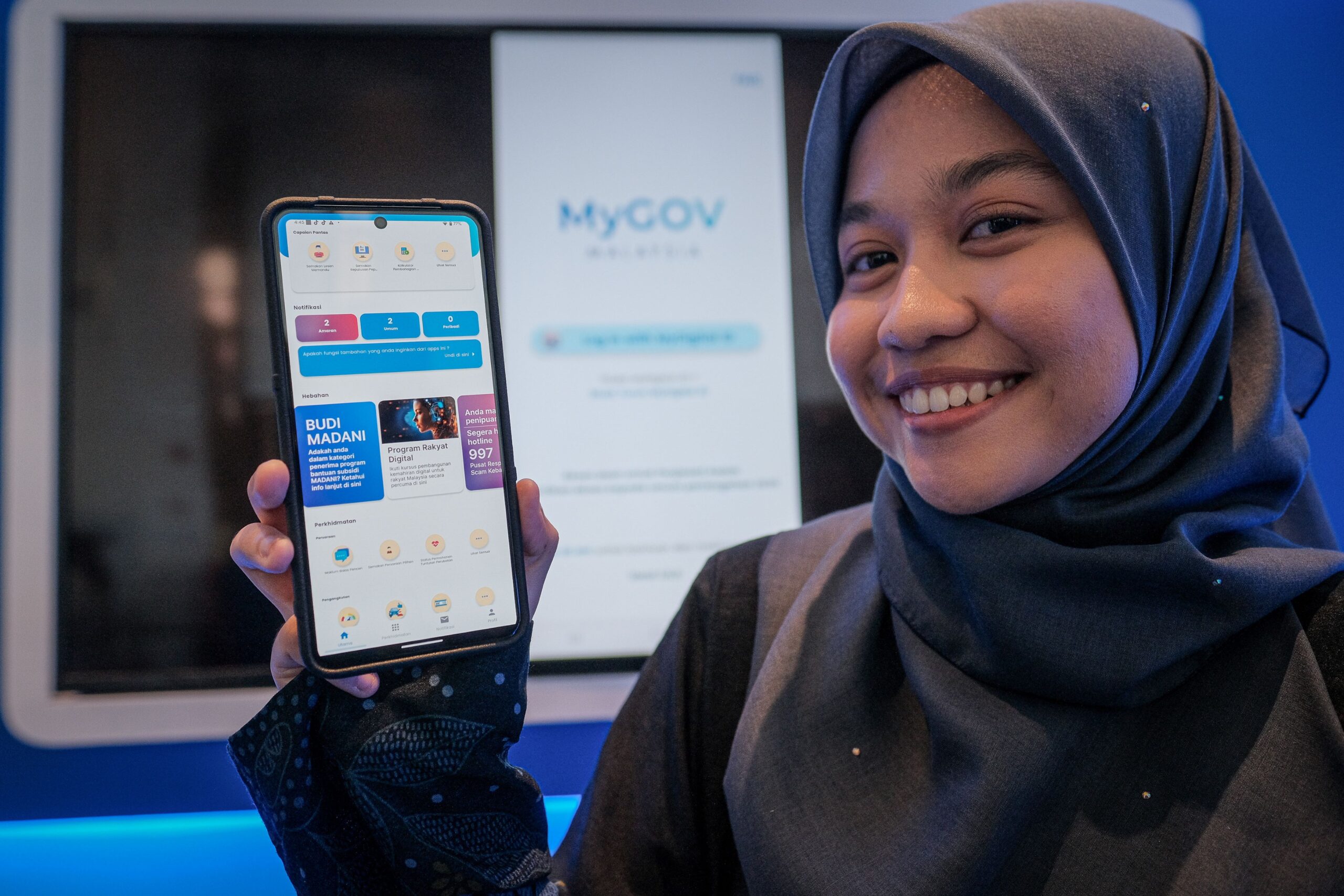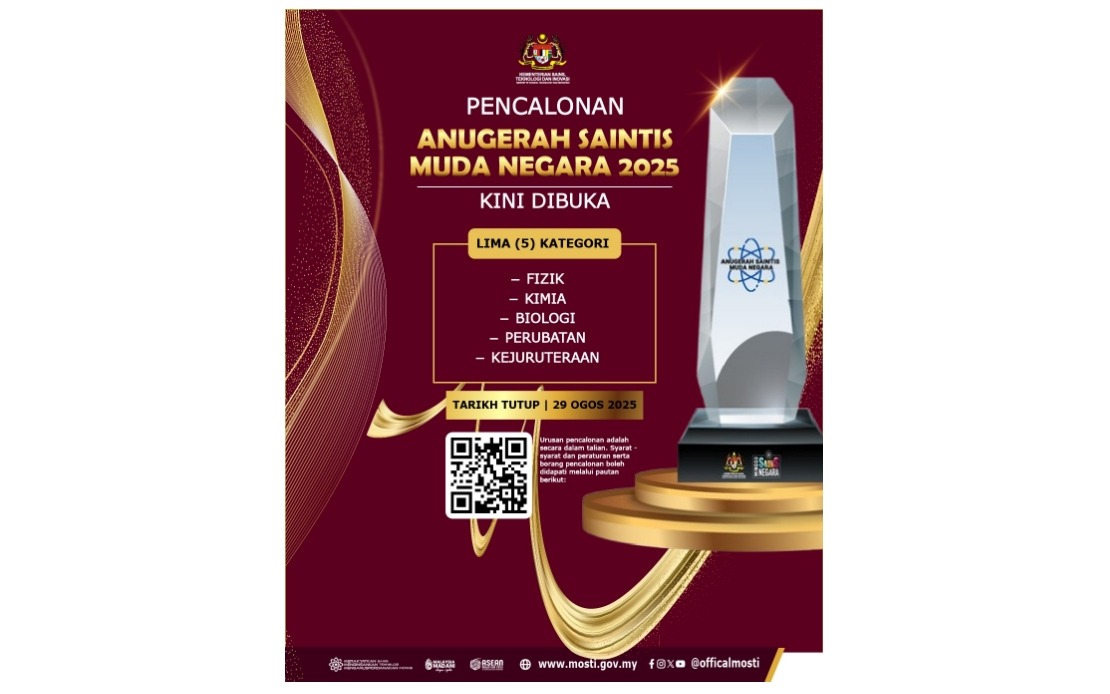Malaysia's 2025 ASEAN Chairmanship: A Chance to Revitalize the SEANWFZ and Gain Nuclear Powers' Support?

As Malaysia prepares to assume the ASEAN Chairmanship in 2025, analysts believe the nation holds a unique opportunity to reinvigorate the Southeast Asia Nuclear-Weapon-Free Zone (SEANWFZ) Treaty and potentially garner support from nuclear-armed states. The region's evolving geopolitical landscape, coupled with Malaysia's traditionally strong stance on nuclear disarmament, positions it as a pivotal player in advancing regional security.
The SEANWFZ Stalemate: A Need for Re-evaluation
The SEANWFZ, established in 1995, aims to prohibit the development, acquisition, testing, and deployment of nuclear weapons within Southeast Asia. While the treaty has been ratified by all ASEAN member states, its effectiveness has been questioned due to the lack of adherence by external nuclear powers. This has led to a perceived stalemate, hindering the zone's ability to fully achieve its intended purpose.
Malaysia's Strategic Advantage in 2025
With Malaysia taking the helm of ASEAN in 2025, experts suggest the country can leverage its position to initiate a fresh dialogue with external nuclear powers – including China, the United States, Russia, and others – to encourage them to formally recognize and adhere to the SEANWFZ. Malaysia's reputation as a consistent advocate for peaceful conflict resolution and nuclear non-proliferation provides a solid foundation for these discussions.
Potential Strategies for Success
Several strategies could be employed by Malaysia to achieve progress. These include:
- Bilateral Engagements: Direct discussions with each nuclear power to outline the benefits of SEANWFZ recognition and adherence.
- Multilateral Platforms: Utilizing ASEAN forums and international conferences to raise awareness and garner support for the treaty.
- Confidence-Building Measures: Proposing incremental steps, such as transparency initiatives or joint research projects, to foster trust and cooperation.
- Highlighting Regional Stability: Emphasizing how SEANWFZ adherence contributes to a more stable and secure Southeast Asia, benefiting all stakeholders.
Challenges and Considerations
The path forward will not be without its challenges. Geopolitical tensions, competing national interests, and the reluctance of some nuclear powers to compromise could impede progress. However, Malaysia's proactive diplomacy and persistent engagement can help navigate these complexities.
Beyond Nuclear Disarmament: Broader Security Implications
Strengthening the SEANWFZ is not solely about nuclear disarmament. It also contributes to broader regional security by promoting a culture of peace, fostering trust among nations, and enhancing stability in a region facing various security challenges. A revitalized SEANWFZ can serve as a model for other regions seeking to establish nuclear-weapon-free zones.
Conclusion: A Defining Moment for Malaysia and ASEAN
Malaysia's 2025 ASEAN Chairmanship represents a pivotal moment for the region. By seizing this opportunity to revitalize the SEANWFZ and actively engage with nuclear-armed states, Malaysia can solidify its role as a leading voice for peace and security in Southeast Asia, and contribute significantly to the global non-proliferation effort. The success of this endeavor will not only benefit Malaysia but also enhance the credibility and effectiveness of ASEAN as a whole.






